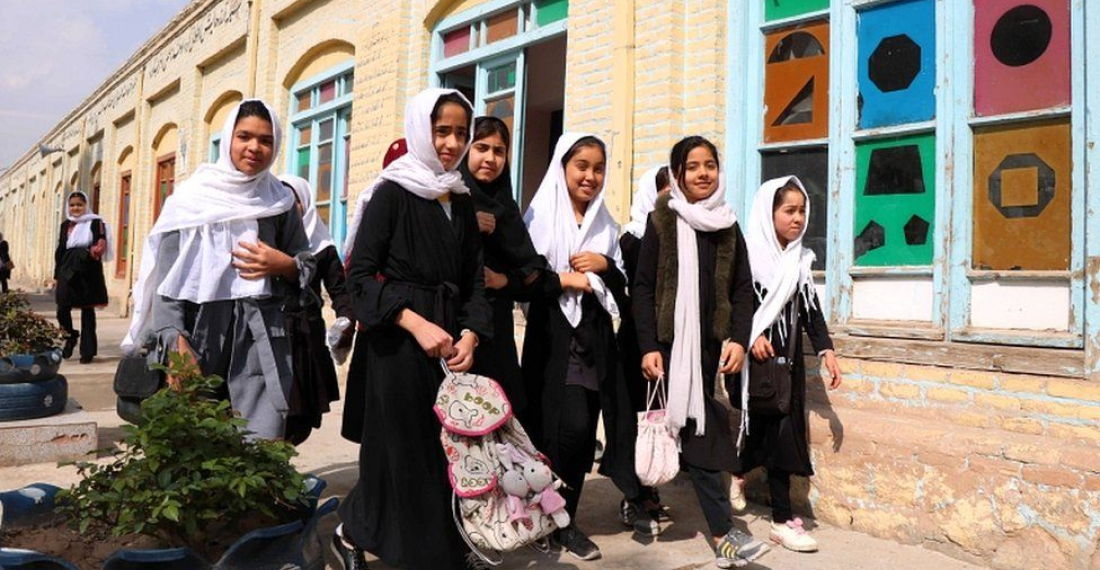The EU High Representative, Josep Borrell, told the European parliament on Tuesday (8 June) that the situation in Afghanistan was critical, but that the European Union had no option but to remain engaged after the withdrawal of US and NATO troops.
"Today, the United States and NATO troops are withdrawing from the country. The troops from European Member States will also withdraw. The peace process is largely stalled and violence continues. We see an appalling rate of civilian casualties – as I said, 40% of them are women and children – and targeted killings of civil society activists, media workers and public servants. And I am afraid that this violence might further increase in the near future", the EU High Representative told MEPs.
"The security situation in Afghanistan is evolving quickly. The Taliban control more than half of the country’s territory and increasingly have less incentive to compromise, so short-term prospects for a peace deal look bleak. However, the Taliban know that a large part of the Afghan population does not share their convictions and that ethnic and religious cleavages may come out to the fore in the absence of a negotiated peace settlement."
Borrell underlined that the European Union will make every effort to support the peace process and to remain a committed partner to the Afghan people. "Of course, we will have to take into account the evolving situation, but disengagement is not an option. We are clear on that: there is no alternative to a negotiated political settlement, through inclusive peace talks. This also means that there can be no sanctions relief for members of the Taliban at the United Nations Security Council without a genuine commitment on their part to the peace process, through a permanent and comprehensive ceasefire and substantial progress in the peace negotiations."
"I do not have to stress our interest in a stable Afghanistan with development perspectives being shared by all the countries of the region, who also need to play a constructive role in this peace process and with whom we will step up our co-operation."
Borrell highlighted the plight of women in the current precarious situation:
"Once again I want to express the importance and the interest of the situation of women. I see a lot of women in the Parliament, I see a lot of women in the government, I see a lot of women working, practising sports. I see three million girls at the school, but there are still 2 million girls that do not go to school. 2 million, can you imagine? Half of the female child population do not go to school. Let us try to avoid that the other half that is now going to school will lose this, because in this case Afghanistan will go back to the medieval ages. It is our responsibility to try to avoid it."
Borrell admitted that remaining engaged with Afghanistan in the current situation was going to be hard and the EU will have to show political will.






